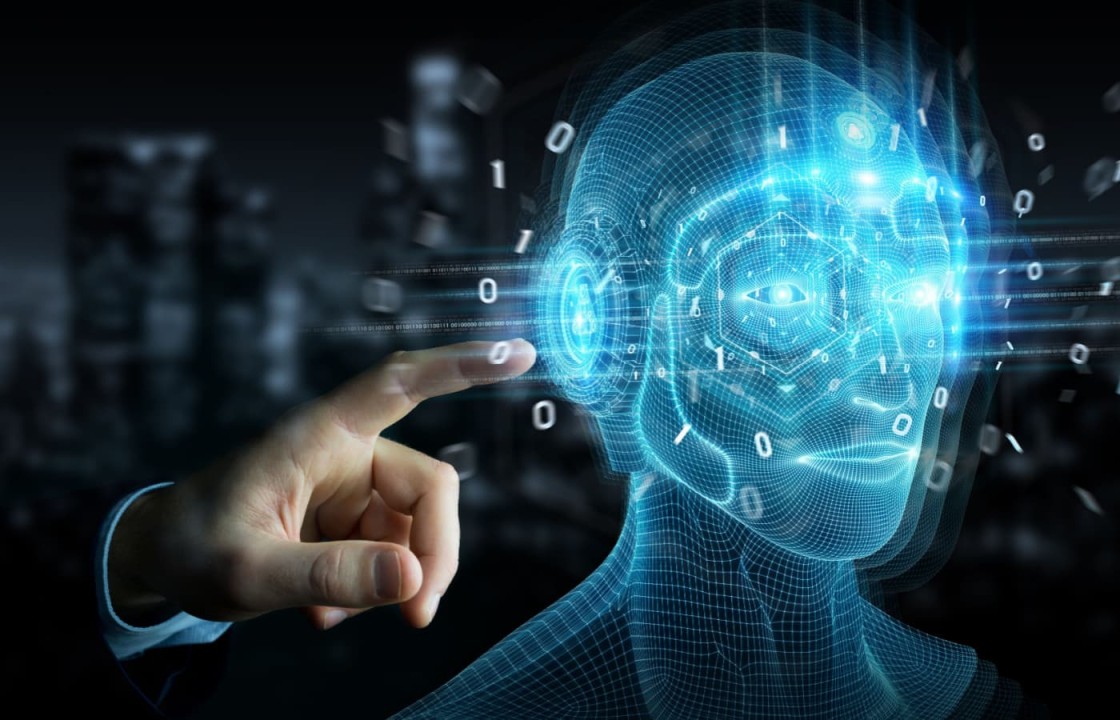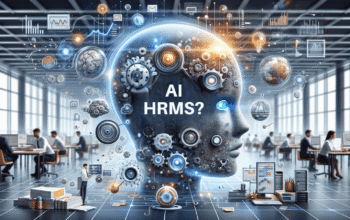Technology continues to evolve at a rapid pace, and the driving force behind much of this innovation is Artificial Intelligence (AI). As we move deeper into the 21st century, AI has transformed from a niche field into a mainstream game-changer that powers everything from everyday devices to advanced business operations. But what exactly is AI, and how is it revolutionizing the tech landscape?
What is Artificial Intelligence and How Does it Power Smart Tech?
Artificial Intelligence refers to the ability of machines to mimic human intelligence processes such as learning, reasoning, problem-solving, and decision-making. In simpler terms, AI enables machines to think and adapt in ways that were once exclusive to humans.
Through machine learning, neural networks, and deep learning algorithms, AI systems continuously improve their performance by analyzing data and identifying patterns. The combination of AI and smart tech brings about a world of possibilities, with resources like Ncespro providing cutting-edge tools and insights to advance these technologies further.
Smart tech refers to devices or systems that connect to the internet and can be controlled or monitored remotely. These devices are not limited to smartphones and smart home gadgets but extend to wearable tech, autonomous vehicles, and even healthcare systems.
By integrating AI into these smart technologies, developers create systems that respond to user inputs, anticipate needs, predict behavior, and make autonomous decisions. This synergy between AI and smart tech has led to a new era of innovation where devices seem to have a mind of their own.
How AI Is Reshaping Industries with Smart Tech
The impact of AI-powered smart tech is vast and varied, touching nearly every industry. From healthcare and automotive to retail and entertainment, AI is making waves. Let’s break down some of the sectors that are witnessing profound transformations.
1. Healthcare: Revolutionizing Diagnostics and Patient Care
AI-powered smart devices are transforming the healthcare industry by enhancing diagnostic accuracy and improving patient care. Smart wearables like fitness trackers and health monitoring devices use AI algorithms to analyze vital statistics in real-time. These devices can track heart rate, sleep patterns, and physical activity and even detect irregularities that could indicate a potential health issue.
AI also plays a key role in telemedicine, where smart tech connects doctors and patients remotely. By analyzing medical data, AI systems can provide real-time feedback, suggest diagnoses, and even recommend treatment options. In the future, AI could assist in surgical procedures, offering precision and reducing human error. Platforms like similar times explore the evolving role of AI in healthcare, offering valuable insights into its transformative potential.
2. Automotive: Autonomous Vehicles and Smarter Roads
In the automotive industry, AI is driving the development of autonomous vehicles, promising a future where cars navigate themselves with minimal human input. By leveraging machine learning algorithms, self-driving cars can interpret data from sensors, cameras, and radar to make real-time decisions, from speed and lane changes to accident avoidance.
In addition to autonomous vehicles, AI is improving traffic management systems, leading to smarter, more efficient roads. Smart traffic lights, for example, can adjust based on real-time traffic flow, reducing congestion and improving overall safety.
3. Retail: Personalized Shopping Experiences
AI is making waves in retail by enhancing customer experiences through personalized shopping journeys. Retailers use AI-powered recommendation engines that analyze a customer’s shopping history, preferences, and browsing behavior to suggest products they are likely to purchase. This level of personalization boosts customer satisfaction and drives sales. Insights on such innovations in AI, including its impact on retail, can be found at alternatives times.
Additionally, AI transforms in-store experiences with smart technologies like virtual assistants and AI-driven checkout systems. Smart kiosks and self-checkout stations can make the shopping process more seamless, allowing customers to find products and make purchases more efficiently.
The Benefits of AI-Driven Smart Tech
Integrating AI into smart technology brings numerous benefits to consumers and businesses. One of the most significant benefits of AI is its ability to optimize operations. By automating routine tasks and analyzing vast amounts of data in real time, AI allows devices to make decisions quickly, improving efficiency and productivity. For more on the latest advancements in AI and smart technology, check out Wheon.
For example, in business settings, AI-powered software can streamline workflows, handle administrative tasks, and even predict future trends based on historical data.
Improved User Experiences
Smart tech powered by AI makes it easier for users to interact with their devices. Voice assistants like Amazon’s Alexa, Apple’s Siri, and Google Assistant use natural language processing (NLP) to understand user commands, making technology more accessible. AI can also adapt to a user’s preferences, creating a more tailored experience over time. Insights into the development and impact of such AI-driven technologies can be explored at maliamanocherian.net.
Conclusion
The rise of smart technology has dramatically reshaped industries and daily life alike. By leveraging AI, smart tech is becoming more intuitive, efficient, and interconnected, offering a glimpse into a future where devices think, learn, and act autonomously to improve user experiences. In this blog, we’ll explore how artificial intelligence is leading this charge and what it means for the future of smart technology.




